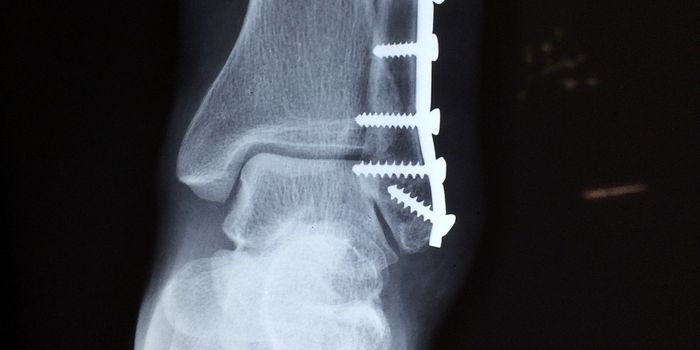The consequences of inappropriate antibiotic prescriptions in children
The discovery of antibiotics in the early 1900’s was one of the most important discoveries in medical history. These bacteria fighting drugs and other antibacterial agents are thought to save hundreds of thousands of lives every year, and have added years to average lifespan since the beginning of the 20th century. However, because of their remarkable quality of fighting infections and saving lives, antibiotic drugs have been commonly overprescribed, especially in children, which has led to the growing public health problem of antibiotic resistance. Antibiotic resistance refers to the ability of bacteria to develop immunity against the drugs that are meant to kill them. It is now believed that each year close to 3 million individuals in the United States become infected with an antibiotic-resistant bacteria.
However, a question that remains is, besides antibiotic resistance, does inappropriately prescribing antibiotics to children lead to other adverse health outcomes? In one recent study published in JAMA Pediatricsresearchers from Washington University School of Medicine studied more than 2.8 million children to address this question. In their study they asked the question, “Do adverse events and health care expenditures differ in children given inappropriate vs appropriate oral antibiotic prescriptions for common outpatient infections?”
The researchers gathered data from a large commercial database that contained longitudinal, patient level data that allowed them to assess the reasons for doctor visits, diagnoses given at doctor visits, and prescriptions prescribed at doctor visits. The cohort of children were aged 6 months to 17 years old. When the researchers looked at the data, they found that 31% to 36% of children received inappropriate (i.e. unsuitable) antibiotics for bacterial infections and 4% to 70% of children received inappropriate (i.e. unneeded) antibiotics for viral infections, which antibiotics do not treat. Furthermore, they found that inappropriate antibiotics were associated with an increased risk of severe allergic reactions and an increased risk of C. Difficile infection, an infection of the large intestine. Finally, the researchers calculated that inappropriate antibiotics resulted in at least $74million in excess health care costs.
This study showed that inappropriate antibiotic prescriptions are commonly given to children and that these prescriptions are associated with an increased risk of adverse health effects. The authors hope their research will provide insight and guidance to parents and clinicians. As the lead author Dr. Anne Mobley Butler said, “Sometimes parents think that the worst that could happen is that the antibiotic just won’t help their child. But antibiotics are not harmless – they can cause adverse drug events. Clinicians needs to ensure that antibiotics are only used in the way that is most likely to benefit the patient.”
Sources: Harvard; Institute for Health Metrics and Evaluation; CDC; Mayo Clinic; JAMA Network Open - Pediatrics; Washington University








